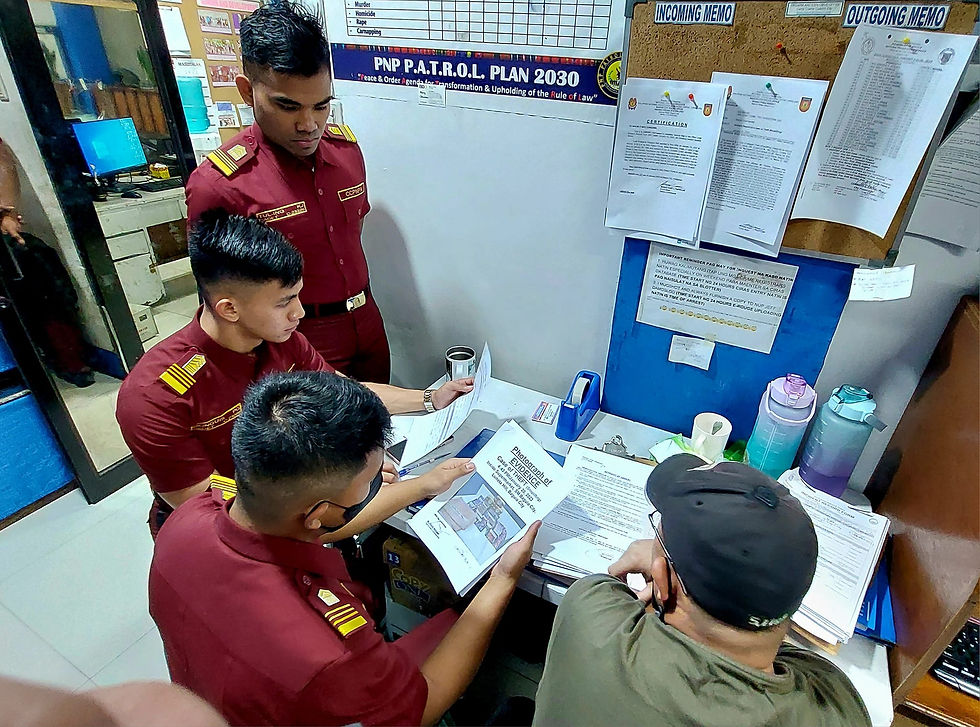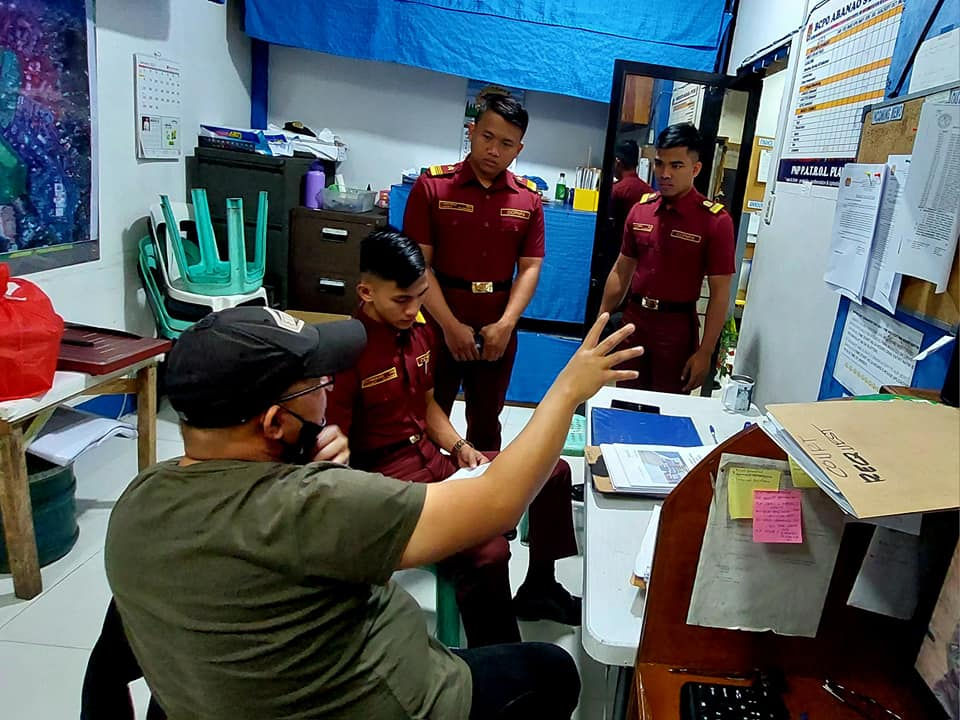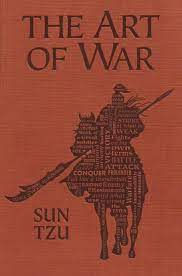Ask your “Manong”: Learning from the more experienced investigator
- Haison Piggangay
- Feb 1, 2023
- 2 min read
Updated: Feb 15, 2023
As a soon-to-be police officer, learning from a more experienced non-commissioned police investigator can be a critical step in preparing for a successful career in law enforcement. A non-commissioned police investigator has valuable experience and knowledge gained from working on investigations, analyzing evidence, and interviewing witnesses. By learning from their experiences, a soon-to-be police officer can gain a deeper understanding of the investigative process and develop the necessary skills to be an effective investigator.
To maximize the learning experience, it is important to approach the relationship with an open mind and a willingness to learn. This means being receptive to new ideas and perspectives, being willing to ask questions, and actively seeking out information and guidance.
One effective way to learn from an experienced non-commissioned police investigator is to observe them. This can be done by shadowing the investigator during their work or by participating in training opportunities that focus on investigative techniques and strategies. These hands-on experiences can provide a more in-depth understanding of the investigative process and help to develop important skills such as critical thinking, problem-solving, and attention to detail.
Additionally, it is important to establish open communication lines and build a positive working relationship with the experienced investigator. This can be done by asking for feedback and constructive criticism and seeking their advice and guidance on various aspects of the investigative process.
Learning from an experienced non-commissioned police investigator can provide a soon-to-be police officer with the skills and knowledge necessary to be successful in the field. By approaching the relationship with an open mind and a willingness to learn, actively seeking out hands-on experiences, and establishing open lines of communication, a police officer can maximize their learning opportunities and set themselves up for success in their future career, an investigator.
When it comes to a police investigation, it is essential to understand the differences between the scenario in the book and the real world. This will assist you in knowing what will happen in both situations better so that you can react accordingly. The concept of an investigation could be more theoretical or idealistic in a book. However, in a real-world scenario, a police investigation is more practical and sensible because it involves real people and situations. As an investigator, you often must be creative and think outside the box.[1]
IN PHOTOS: LEARNING FROM OUR ”MANONG”, Experienced Personnel who have mastered his craft as an investigator.


References:
1.REVISED ADMINISTRATIVE AND OPERATIONS MANUAL (2020)
2. PNP Investigator's Handbook for "New Normal"





Comments